When it comes to our health, we all want to make sure that we are getting the best care possible. One of the most important things to consider is the quality of care that you are receiving. Make sure that you are seeing a doctor who is qualified and experienced in the area of medicine that you need help with. But how do you know your doctor is qualified? And how do you know you’re receiving the best possible care? Let’s find out.

Table of Contents
ToggleResearch The Physician Before Your First Appointment
If you have the time, it’s always a good idea to research your physician before you even make an appointment. Look for reviews from other patients, or even ask around to see if anyone you know has heard of the doctor. Once you’ve found a few potential doctors, check their credentials to make sure that they are qualified to practice medicine. You can consult with Dr. Erin Reese for an initial consultation to get more info. You can also use websites like Healthgrades to look up information on specific physicians. On Healthgrades, you can not only read about a doctor’s qualifications and experience, but you can also see how other patients have rated them. This can help get an idea of what kind of bedside manner the doctor has and how well they communicate with their patients.
Read Reviews, But Take Them With A Grain Of Salt
In addition to looking up reviews on specific physicians, you can also find general information on healthcare providers in your area. For example, if you live in the United States, you can visit the website of the Centers for Medicare and Medicaid Services (CMS). The CMS provides ratings for hospitals and nursing homes, as well as information on how well they follow safety guidelines and provide quality care. However, it’s important to keep in mind that these ratings are not always accurate. They may not reflect the most recent data, or they may only take into account a small sample of patients. Nevertheless, they can still help get an idea of the quality of care at a particular facility
Ask Questions And Speak Up If You’re Not Satisfied
One of the best ways to make sure that you’re getting the best possible care is to simply ask questions. If you don’t understand something, or if you’re not happy with the care you’re receiving, don’t hesitate to speak up. You?re also entitled to know the medical equipment they use and its quality. Remember, you are the one paying for this service, and you have a right to expect quality care. If you’re not satisfied with the answers you’re getting, or if you feel like your concerns are not being taken seriously, consider finding a new healthcare provider. The quality of our healthcare is important to all of us. By speaking up for ourselves, we can make sure that we are getting the best possible care.
Don’t Be Afraid To Get A Second Opinion
If you’re not sure about a diagnosis or a treatment plan, don’t hesitate to get a second opinion from another healthcare provider. This is especially important if you have a serious condition that could potentially be life-threatening. Getting a second opinion can give you peace of mind and help you make sure that you’re on the right track. To compare different opinions, start from the same place – your family doctor. You can also consult with an online second opinion service such as eConsult. With eConsult, you can get an expert opinion on your diagnosis and treatment plan without even leaving your house
Keep Your Own Records
One of the best ways to make sure you’re getting the best possible care is to keep your own records. This includes everything from a list of your medications to copies of important test results. Keeping your records will help you keep track of your health and make it easier to spot any potential problems. It will also be helpful if you ever need to switch healthcare providers.
Be An Active Participant In Your Own Care
The best way to make sure you’re getting the best possible care is to be an active participant in your own care. This means taking an active role in making decisions about your health and being involved in your own care. It may also mean doing your own research and asking lots of questions. But ultimately, it’s up to you to make sure that you’re getting the care you need and deserve. And, if you’re working with a healthcare provider to manage a chronic condition, it’s important to track your progress. This will help you and your doctor identify any potential problems and make sure that you’re on the right track. There are a few different ways you can do this. You can keep a written record of your symptoms, or you can use a digital tracker like MyFitnessPal or CareZone. You can also simply ask your doctor for regular updates on your condition.
Know Your Rights
It’s important to know your rights as a healthcare consumer. This includes knowing what services you’re entitled to, and how to file complaint care. It may also mean doing your own research and asking lots of questions. But ultimately, it’s up to you to make sure that you’re getting the care you need and deserve. If you’re not getting the care you need or deserve, don’t hesitate to advocate for yourself. This means speaking up for yourself and making sure that your voice is heard. It may also mean contacting your insurance company or filing a complaint with your state’s department of health. Whatever it takes, don’t be afraid to fight for the care you deserve.

Getting quality care is important to all of us. By speaking up for yourselves and being involved in your own care, you can make sure that you are getting the best possible care. And, if you’re not satisfied with the care we’re receiving, don’t hesitate to get a second opinion or file a complaint. You have a right to expect quality care and shouldn’t settle for anything less.








